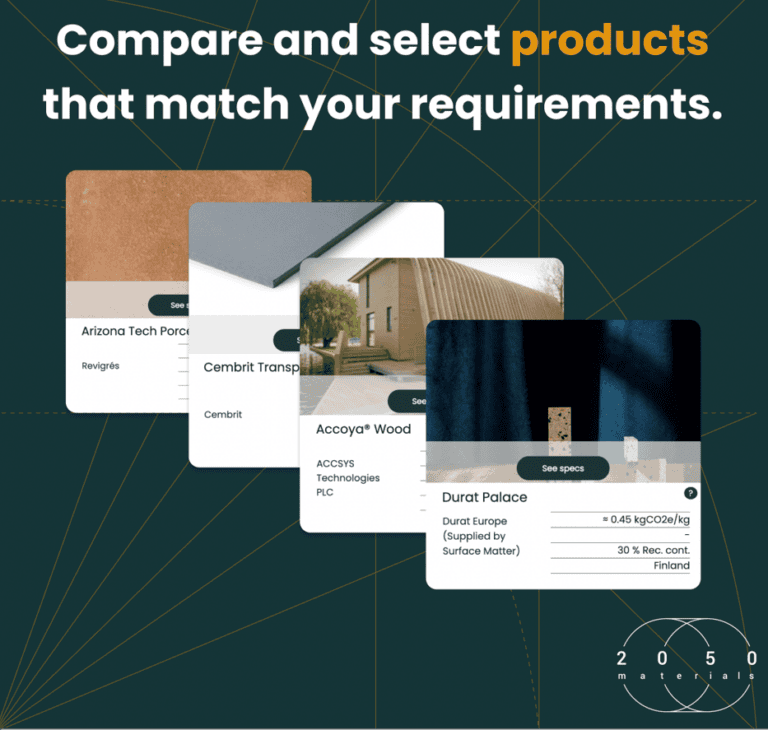Material Passport Platform

Problem Addressed
As reported by the Construction Products Association, over 90% of the UK’s construction and demolition waste is recovered for reuse, but this percentage can be misleading, as most of this recovered material is used as aggregate or downcycled in other ways. While we should continue reducing the amount of non-hazardous construction materials that end up in landfills, we also must facilitate the reuse of materials already available in our cities or entering the material stream via new construction projects. To implement circular economy principles into the construction industry, detailed information about specific materials and products must be collected and easily accessed to allow for more informed decisions during the material procurement process and to facilitate reuse industry-wide.
Case Study
Upcyclea collaborated on the One Nine Elms material passport pilot scheme to trial material passports on a live site. The pilot was the first of its kind in the UK and gathered data to help measure the circularity of the buildings. The information collected included carbon footprint, degree of circularity, material health indicators, and residual economic value. Upcyclea worked with manufacturers to obtain as much information about key products as possible and used generic sources of data when necessary. Some barriers to the implementation of material passports were identified, and these findings have helped develop material passport protocols for future projects. Best practices and effective strategies were included in a report of the pilot, and more information can be found at the link below.
Facts and Figures
This page presents data, evidence, and solutions that are provided by our partners and members and should therefore not be attributed to UKGBC. While we showcase these solutions for inspiration, to build consensus, and create momentum for climate action, UKGBC does not offer commercial endorsement of individual solutions. If you would like to quote something from this page, or more information, please contact our Communications team at media@ukgbc.org.
Related
Online registry of materials used in buildings

Database of sustainable building products

Product selection platform

Analysis tool to minimise embodied carbon on buildings

